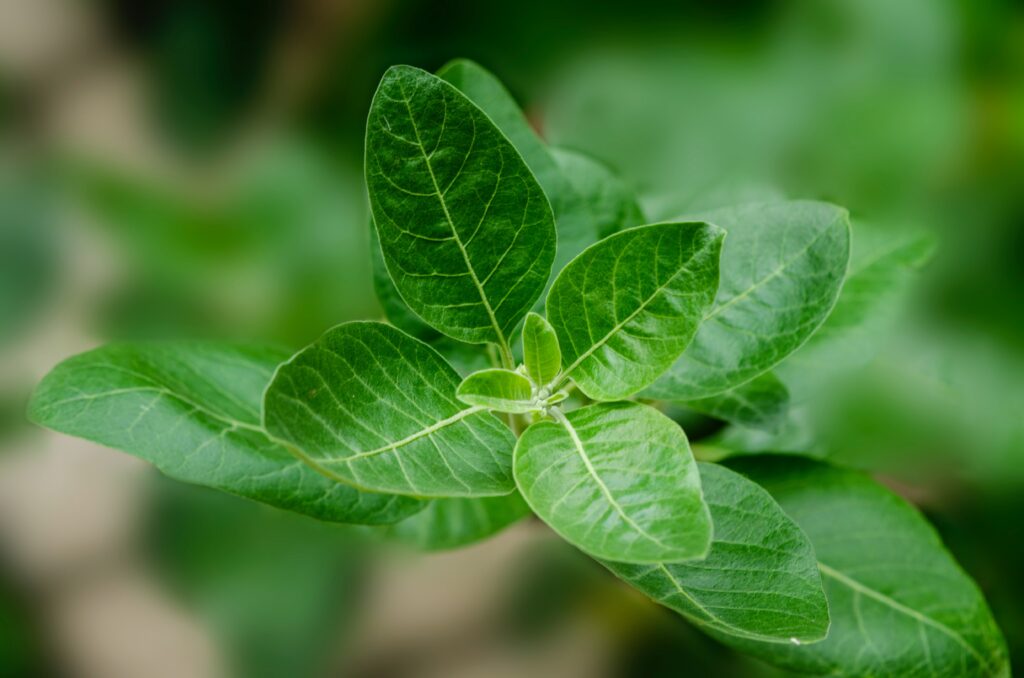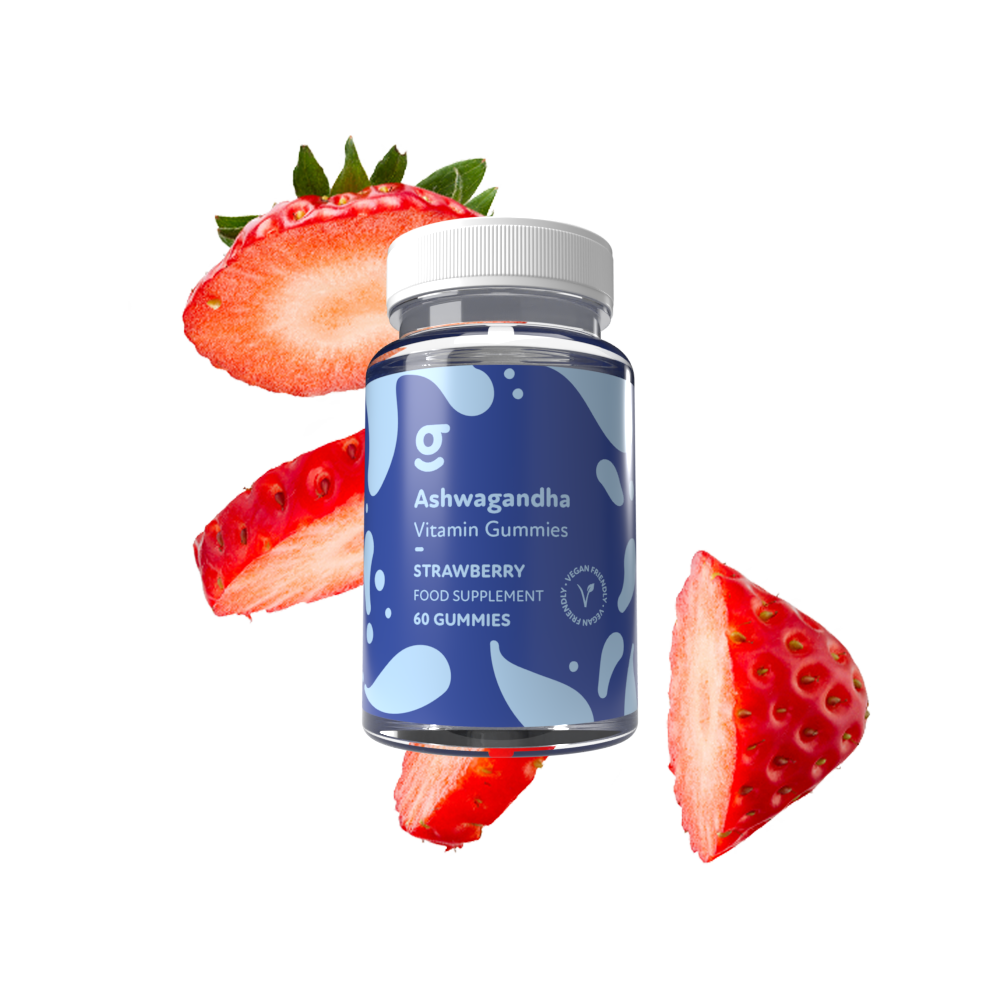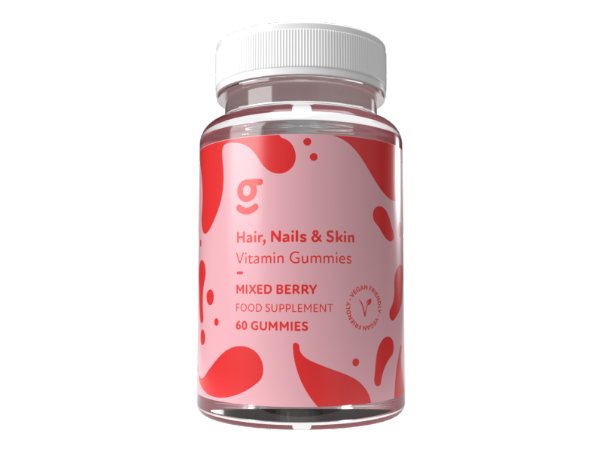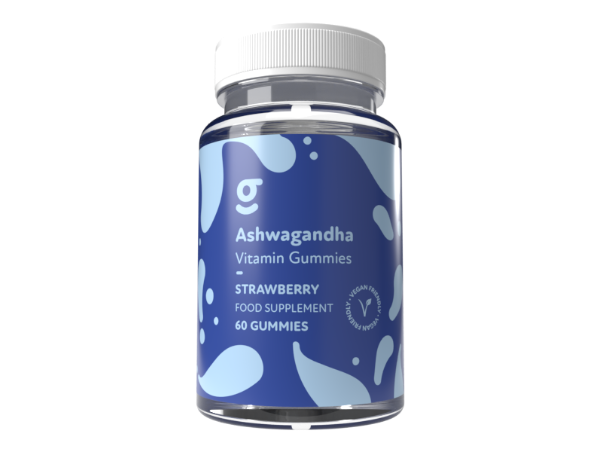Originally grown in Asia and Africa, Ashwagandha is commonly used for the mind and stress levels. Containing chemicals which help with calming the brain, reducing swelling, lowering blood pressure and altering the immune system, Ashwagandha is traditionally used as an adaptogen. An adaptogen is believed to help the body resist both physical and mental stress, helping with conditions such as anxiety, ageing and insomnia.

Health Benefits of Ashwagandha
People have used ashwagandha for several years, relieving themselves of stress, increasing energy levels and improving concentration. This herb provides health benefits through teas, powders, tinctures, their original raw form and health supplements.
There are a number of health benefits that this herb can offer :
Improves brain function
By benefiting cognitive function, ashwagandha can offer improvements in executive functioning, attention span, reaction time and performance of cognitive tasks.
Reduces stress and anxiety
Best known for its stress-relieving properties, ashwagandha has the ability to decrease stress and anxiety levels during day-to-day living. Ashwagandha is also related to improved sleeping, an aspect of life which has been found to affect your mental state.

Reduces blood sugar and fat
Through numerous studies, it has been found that ashwagandha can be helpful in the reduction of blood glucose and triglycerides which is the most common blood fat type.
Increase in muscle strength
By improving areas such as speed and strength, ashwagandha can also offer benefits including muscle power, lowering body fat percentage and lowering cholesterol. This herb can help with muscle size whilst reducing post-workout damage.
Heart health
By increasing VO2 max levels, ashwagandha assists with the process of delivering oxygen to muscles during physical activity. Improving the function of the heart and lungs can be beneficial for those looking for a little extra boost.

Things to think about
All in all, ashwagandha is a safe and non-toxic herb which has been proven to help the mind and body in many ways. But just like anything, there are a few precautions to consider before adding this plant into your diet.
Do you take any other medications?
Before taking ashwagandha, it might be worth checking with your doctor about adding something new to your health routine.
What dosage is right for you?
Taking smaller, more frequent doses will help to reduce any side effects for overconsumption. The dosage of the ashwagandha will also depend on other medications you’re taking, what you are treating and any professional medical advice.
Where is your ashwagandha sourced from?
It’s vital to check the source of all herbs you plan to ingest, especially if opting for supplement capsules. A few tips to consider when buying reliable herbs would be to ask local health stores, do online research and check company certifications.
How to take ashwagandha
Consumed primarily for their medical properties, ashwagandha roots and berries are typically found in the form of capsules, tablets, gummies, powders or liquid tea. Consuming this herb in the form of tea is a good way to introduce it into your diet steadily, whilst also improving daily hydration. There is also the option of adding the raw form directly into the food. You can add ashwagandha powder into granola, smoothies or overnight oats.
The dosage of ashwagandha will change for each user and also depends on the condition they’re aiming to treat.

Ashwagandha gummies
Containing 1500mg of ashwagandha per serving, GummyHQ has produced strawberry flavoured gummies which can help you to relax and get a peaceful night’s sleep.
If you’re looking for the ingredients involved, dietary specifics and allergies, visit our Ashwigandha Gummies product for more information.
GummyHQ also provides biotin gummies, providing you with healthier-looking skin, nails and hair.


